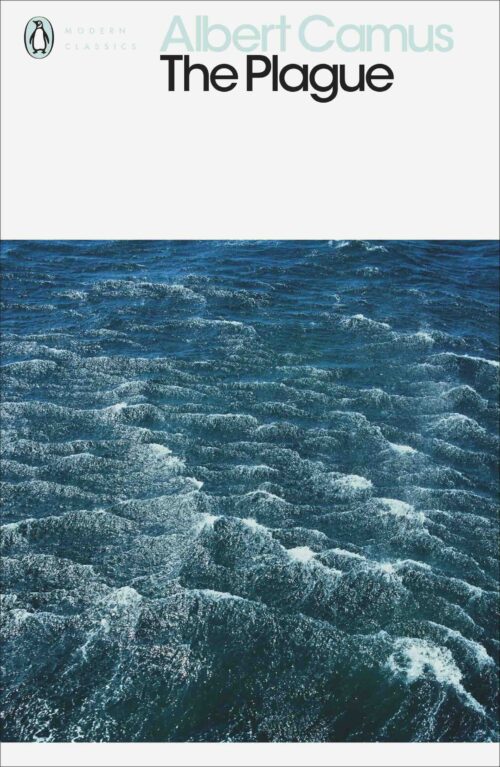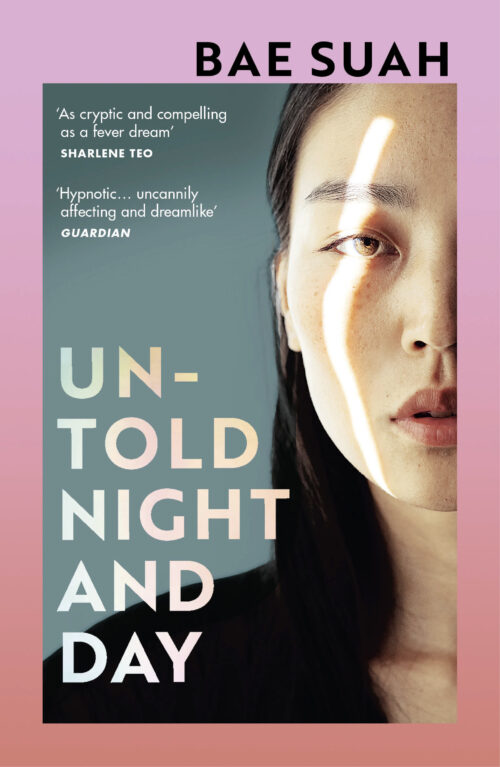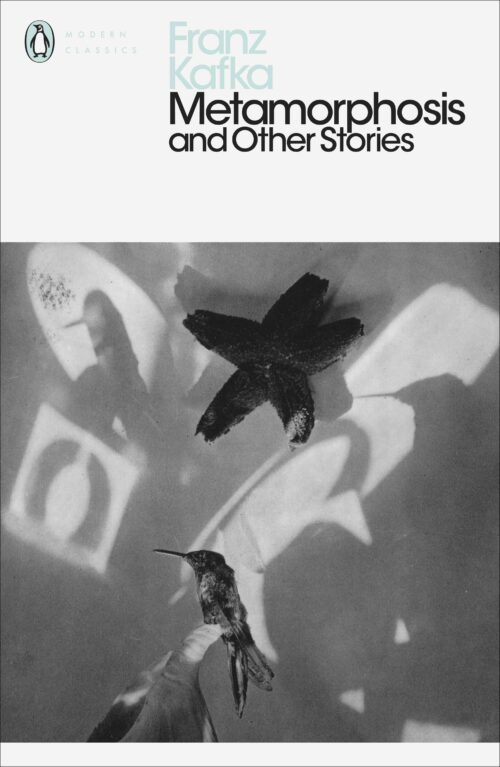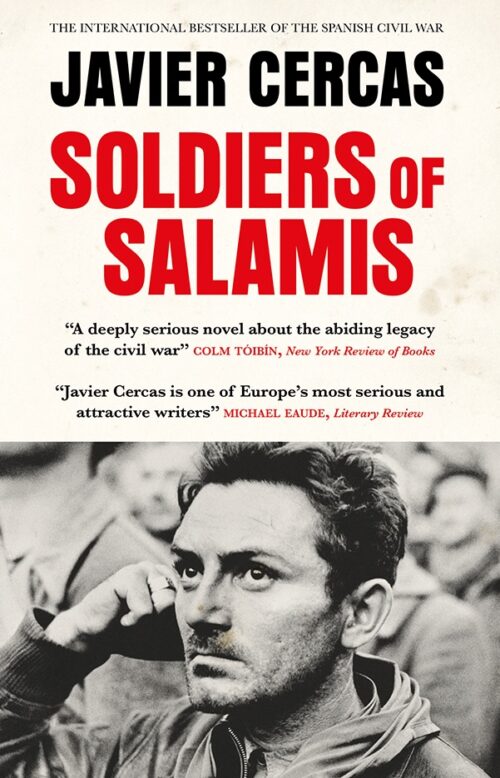- Translated from the French by Robin Buss272pp The Plague is Albert Camus's world-renowned fable of fear and courage The townspeople of Oran are in the grip of a deadly plague, which condemns its victims to a swift and horrifying death. Fear, isolation and claustrophobia follow as they are forced into quarantine. Each person responds in their own way to the lethal disease: some resign themselves to fate, some seek blame, and a few, like Dr Rieux, resist the terror.An immediate triumph when it was published in 1947, The Plague is in part an allegory of France's suffering under the Nazi occupation, and a story of bravery and determination against the precariousness of human existence.'A matchless fable of fear, courage and cowardice' Independent'Magnificent' The Times
- Translated from the Korean by Deborah Smith160ppAs cryptic and compelling as a fever dream... Bae Suah is one of the most unique and adroit literary voices working today' Sharlene TeoFinishing her last shift at Seoul's only audio theatre for the blind, Kim Ayami heads into the night with her former boss, searching for a missing friend. The following day, she looks after a visiting poet, a man who is not as he seems. Unfolding over a night and a day in the sweltering summer heat, their world's order gives way to chaos, the edges of reality start to fray, and the past intrudes on the present in increasingly disorientating ways.Untold Night and Day is a hallucinatory feat of storytelling from one of the most radical voices in contemporary Korean literature. '[A] highly original novel, full of unsolved mysteries, repeated motifs and startling prose… Remarkably fresh… Exhilarating… Once I finished it, much of it slipped into my unconscious. All that remains is a sense of Bae's boundless yet precise imagination' Luiza Saum, Daily TelegraphA metaphysical detective story, Untold Night and Day...draws on ideas from Korean shamanism...to venture in style and ambition far from the conventions of mystery narratives...Storylines echo one another and are braided into multilayered fictional universe with extraordinary skill… Bae’s novel complicates the boundaries between self and other reality and make-believe, night and day' Sarah Shin, Observer'Bae Suah is one of Korea’s most radical contemporary writers… Untold Night and Day is a hallucinatory novel propelled by the logic of dreams… Bae masterfully layers [her] themes into an almost hidden code beneath the novel’s meditative surface' Jay G Ying, GuardianBae Suah’s disturbing, beautifully controlled novel Untold Night and Day is a book of doubles, shadows and parallel worlds... a slim yet labyrinthine twist on a “choose your own adventure” story that disarms even as it disorients' Catherine Taylor, Financial Times
- Translated from the German by Michael Hofmann272pp'When Gregor Samsa awoke one morning from troubled dreams, he found himself changed into a monstrous cockroach in his bed.'Metamorphosis, Kafka's masterpiece of unease and black humour, is one of the twentieth century's most influential works of fiction, and is accompanied here by two more classic stories.This collection of new translations brings together the small proportion of Kafka's works that he himself thought worthy of publication. It includes 'Meditation', a collection of his earlier studies; 'The Judgement', written in a single night of frenzied creativity; 'The Stoker', the first chapter of a novel set in America and a fascinating occasional piece, and 'The Aeroplanes at Brescia', Kafka's eyewitness account of an air display in 1909. Together, these stories reveal the breadth of Kafka's literary vision and the extraordinary imaginative depth of his thought.
- Translated from the Spanish by Anne McLeanWinner of the Independent Foreign Fiction Prize 2004n the final moments of the Spanish Civil War, fifty prominent Nationalist prisoners are executed by firing squad. Among them is the writer and fascist Rafael Sanchez Mazas. As the guns fire, he escapes into the forest, and can hear a search party and their dogs hunting him down. The branches move and he finds himself looking into the eyes of a militiaman, and faces death for the second time that day.But the unknown soldier simply turns and walks away. Sanchez Mazas becomes a national hero and the soldier disappears into history. As Cercas sifts the evidence to establish what happened, he realises that the true hero may not be Sanchez Mazas at all, but the soldier who chose not to shoot him. Who was he? Why did he spare him? And might he still be alive?'This is a masterly parable of political violence, of suffering, but also, and decisevely, of the strange logic of compassion and healing . . . should become a classic' George Steiner'With irresistible directness and delicacy, Javier Cercas engages in a quick-witted, tender quest for truth and the possibility of reconciliation in history, in our everyday lives - which happens to be the theme of most great European fiction . . . a marvellous novel' Susan Sontag'He has succeeded, with one perfectly crafted book, in single-handedly redeeming the epic genre' Alberto Manuel





